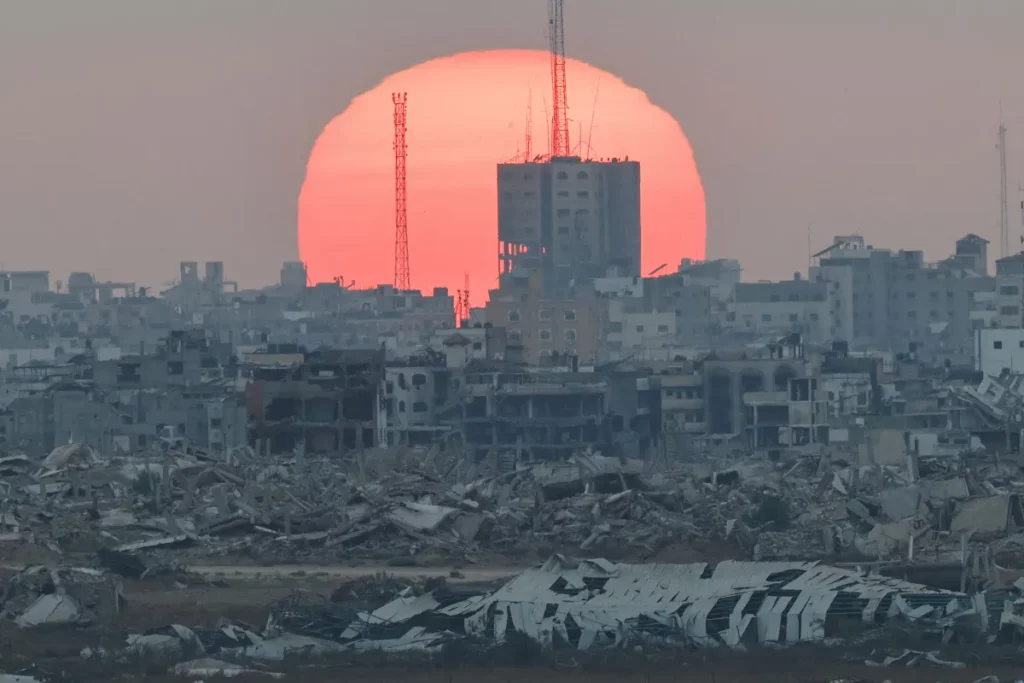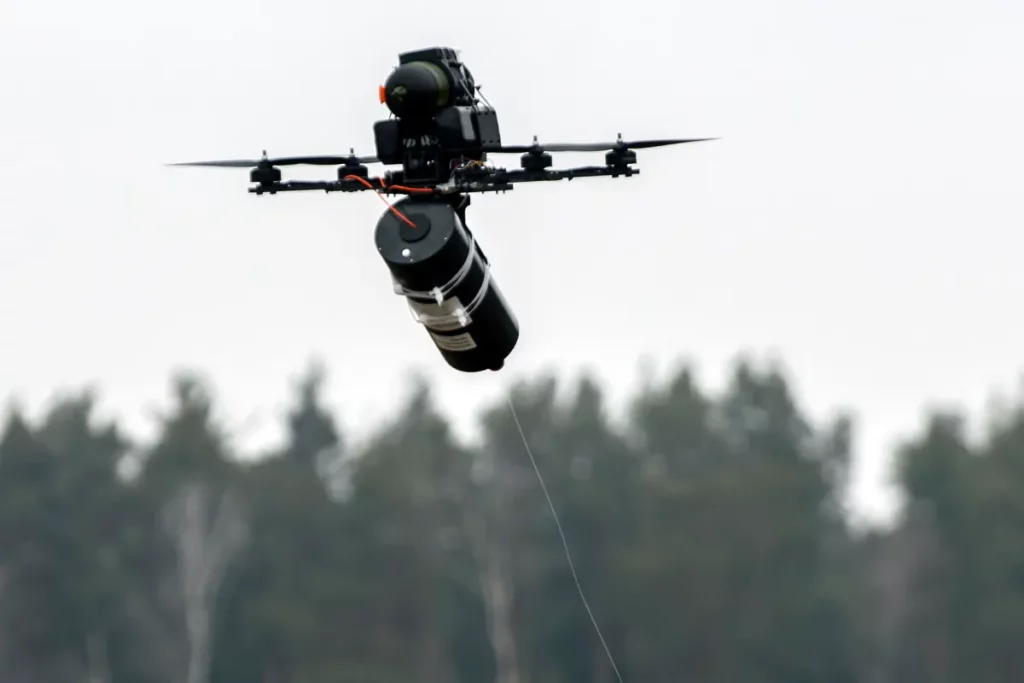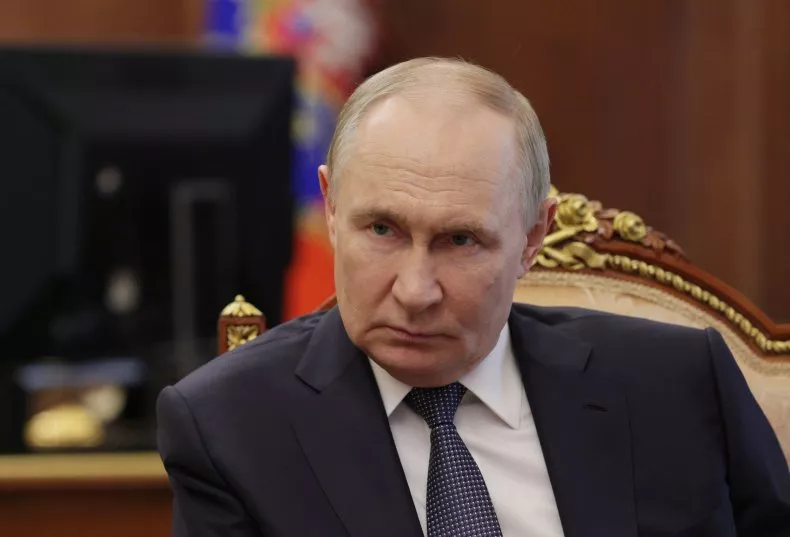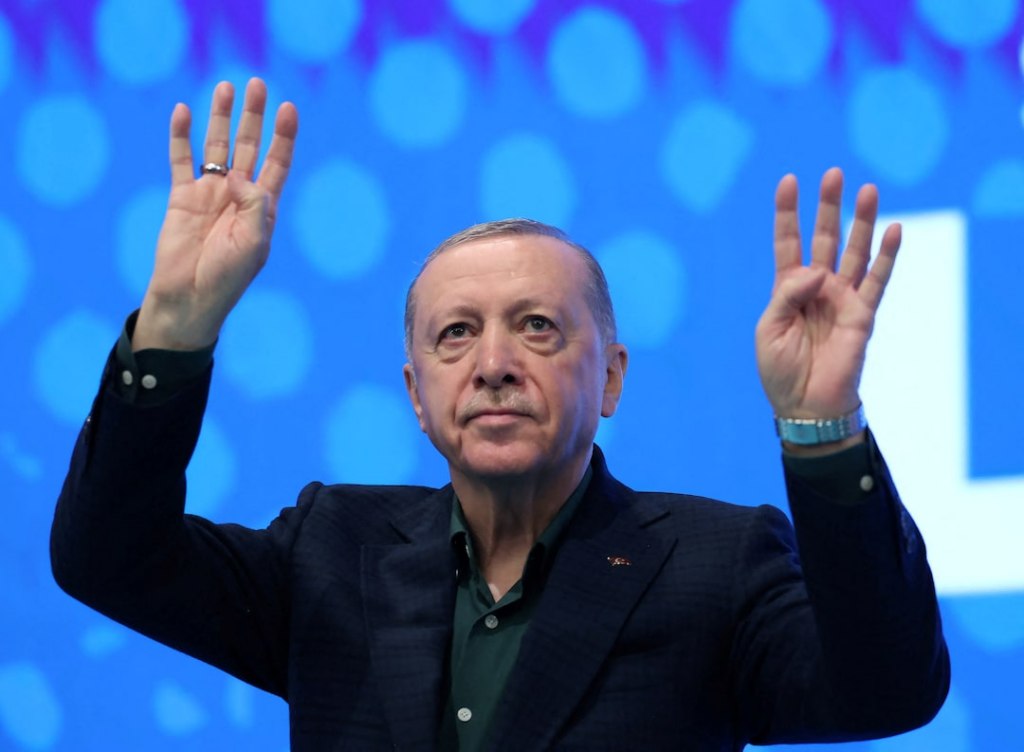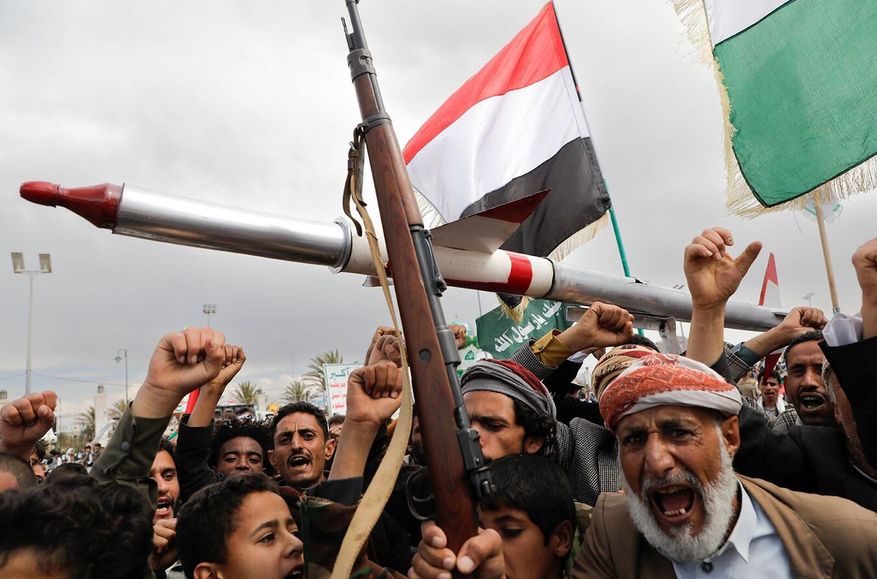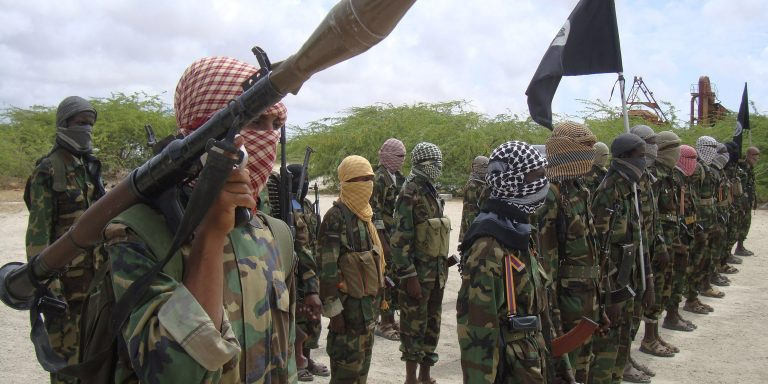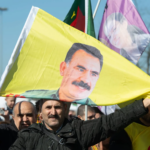
A group of 30 Kurdish fighters clad in camouflage fatigues burned their weapons in a large cauldron in northern Iraq on Friday, in a symbolic gesture marking the first concrete step in an effort to end one of the Middle East’s longest-running insurgencies.
The ceremonial laying down of arms by members of the Kurdistan Workers’ Party, or PKK — including 15 women — comes months after the group’s imprisoned leader, Abdullah Ocalan, called on it to disarm and disband as part of a new peace effort with Türkiye. Ocalan repeated that call in a video message to his fighters this week.
The process in Türkiye was initiated in October by Devlet Bahceli, a firebrand ultranationalist politician who has usually opposed any concessions to Kurdish identity or rights.
While Turkish officials have welcomed the first step toward the PKK’s disarmament, questions remain about the future of Kurdish fighters in Syria.
What is the PKK? The Kurdistan Workers’ Party, or PKK, has waged an armed insurgency against Türkiye since 1984, initially with the aim of establishing a Kurdish state in the southeast of the country. Over time, the objective evolved into a campaign for autonomy and rights for Kurds within Türkiye.
The conflict between militants and state forces, which has spread beyond Türkiye’s borders into Iraq and Syria, has killed tens of thousands of people. The PKK is considered to be a terrorist organization by Türkiye, the United States and the European Union.
Who is Ocalan? Abdullah Ocalan, who as a student of political science in Ankara became deeply involved in leftist movements, formed the PKK in 1978 as a Marxist organization. He fled to Syria in 1979, along with other PKK members, where he remained until 1998, when Syria expelled him under intense pressure from Türkiye.
Ocalan was captured in Kenya in 1999 and imprisoned on Imrali island in the Sea of Marmara, where he remains to this day. His death sentence for treason was commuted to a life term in prison after Türkiye abolished the death penalty.
The 76-year-old endures as a symbol for Kurdish independence and rights and continues to wield influence over the Kurdish movement, with past messages relayed through family members or lawyers resonating beyond Türkiye, in Iraq and Syria.
Push for peace
In October, Bahceli, a close ally of President Recep Tayyip Erdogan, suggested Ocalan could be granted parole if he renounces violence and disbands the PKK.
It was a major shift for the hardline politician who had previously strongly supported the state’s military action against the militant group and its affiliates in neighboring Syria and rejected any notion of negotiation.
In a message delivered through senior officials of the pro-Kurdish People’s Equality and Democracy Party, or DEM, Ocalan called on the PKK leadership to take the decision to disband and disarm in February.
The PKK announced a unilateral ceasefire in March in response to Ocalan’s call and later announced its decision to disarm.
It was not immediately clear what concessions, if any, the Kurdish groups would get in return. PKK officials have said they expect former fighters to be given a path to integrate into the political system in Türkiye.
There are also concerns that some splinter groups may emerge within the PKK and that attacks may continue.
Soon after Bahceli’s announcement, the PKK claimed an attack on Türkiye’s key aerospace company outside of Ankara that killed several people.
Previous attempts
There have been several peace efforts between the Turkish state and the PKK over the years, including secret negotiations held in Oslo, Norway from 2009 until 2011. However, none have yielded results.
The last attempt to reach a peace deal took place between 2013 and 2015 with a series of talks between Turkish officials and Ocalan, who declared a ceasefire and withdrew fighters to bases in northern Iraq.
Turkish officials took steps to improve Kurdish rights, including allowing Kurdish-language broadcasts. The process collapsed in July 2015, after a series of violent attacks, including one by the ISIS group that killed 33 pro-Kurdish activists.
Since then, Türkiye has cracked down on its pro-Kurdish movement and has jailed thousands of people, including the former leader of the main pro-Kurdish political party, Selahattin Demirtas, over alleged links to the PKK.
Reshaping the region
The latest peace effort comes at a time when Türkiye and the Kurds are both seeking security to face the challenges in the Middle East.
The renewed peace initiative unfolds amid fundamental changes reshaping the region, including the reconfiguration of power in Syria after the toppling of President Bashar Assad, the weakening of the Hezbollah militant movement in Lebanon, and the ongoing Israel-Hamas war in Gaza.
Türkiye strongly supports a deal reached between Syria’s new administration and the Kurdish-led and US backed Syrian Democratic Forces under which the SDF forces would merge with the new Syrian national army. The US envoy to Syria told The Associated Press this week that the sides remain at odds over the merger.
Hamish Kinnear, Senior Middle East and North Africa Analyst at risk intelligence company Verisk Maplecroft, said Ocalan’s decision to abandon the armed struggle coincides with a period when the PKK’s leverage is weak due to military setbacks and regional isolation.
“The PKK’s armed struggle was already faltering in the face of advances by Türkiye’s military, while its popularity among its traditional base was in decline,” Kinnear said. ”Ultimately, the peace talks were a useful off ramp in which improvement of Kurdish rights could still be pursued.”
However, some believe the main aim of the reconciliation effort is for Erdogan’s government to garner Kurdish support for a new constitution that would allow him to remain in power beyond 2028, when his term ends.
Bahceli has openly called for a new constitution, saying it was essential to keep Erdogan in power for Türkiye’s future. Erdogan and Bahceli are reportedly seeking parliamentary support from the DEM.
